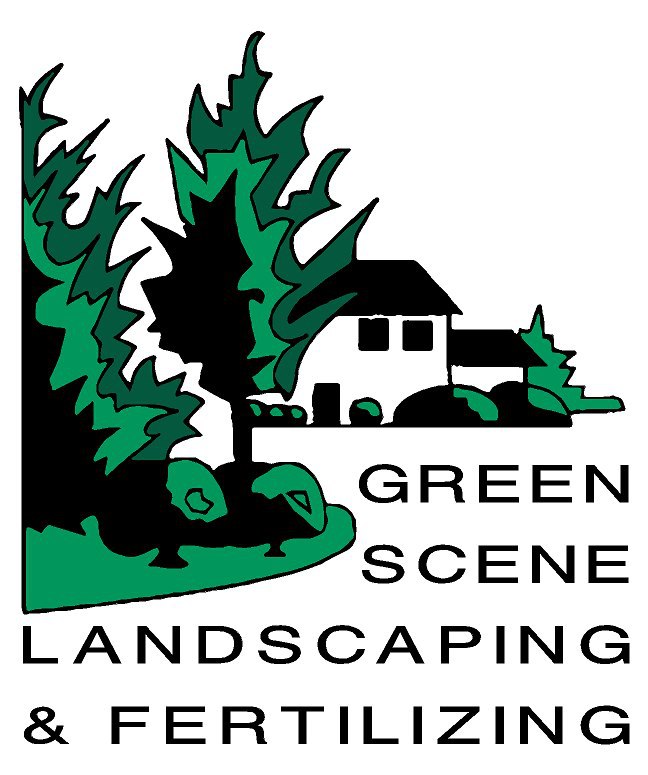
Effective insect control methods
There are many different types of insects that are part of our lives every day, in one way or another. For this article, I will only delve into insects, and insect control, that affect trees, shrubs, herbaceous plants, and turf grasses. Even though we are only discussing a narrow group of insects, and corresponding insect control, there are numerous types of insects and control methods.
Insects affect plant materials by either chewing, piercing and sucking, or by simply living in plants. Insect control aims at controlling the populations of the insects that are causing harm to plant specimens. To provide quality insect control, one must first understand the insect life cycles and the appropriate timing for insect control applications. Then, the Pennsylvania Licensed Pesticide Applicator must choose what types of products, applications methods, timing and frequency of repeat applications are needed to control the insect causing problems.
Most insects go through several stages before they are fully developed. There are four stages, when insect control can be utilized. These stages are: The egg, the larvae, the pupae, and the adult. Most Pennsylvania Licensed Pesticide Applicators target either the larvae or adult stages. Many plant insects can cause extreme damage during these two phases. Larvae are especially damaging to plant root systems and cambium layers of hardwood plants. Larvae eat plant roots or create tunnels in hardwood plants trunks. They can kill plants, or cause significant damage, very quickly. So, insect control must be well planned, depending on what type of plant you are trying to protect. Adults typically invade plant leaf systems. The damage adults cause is much easier to see and easier to control than larvae.
Insect control methods range from deep root injection, soil drenching, directed insect control spray applications with insecticides or horticultural oils, bait systems, and insect growth regulators. Deep root injection is a method of insect control that allows a plant to take up insecticides directly from their root systems. If the insecticide is systemic, meaning it has a residual load throughout the plant, deep root injection can protect literally the entire plant. This is particularly important when it comes to boring larvae that cannot be sprayed directly as they feed inside the plant. Soil drenching can achieve the same insect control, but it is more difficult to know when enough insecticide has been applied to drench the whole root system. The most common form of insect control is by way of directed sprays on plants leaves, stems and trunks. Directed sprays are sprayed where the insect is living and eating. The insecticide directly contacts the insect. This method is simple, cost effective and can be repeated easily to provide full insect control. Bait systems are used to draw insects in by providing something they like to eat that carries a load of insecticide to kill them as they eat. Growth regulators are the least used form of insect control. They control the growth stages of the insect, so that the insect cannot go to the next stage of development.
Insect control hinges or proper identification of the target insect, the correct choice of insecticide to control the attacking insect, proper equipment to properly deliver the product, and timing on the insect control application. This is why most insect control applications are completed by Pennsylvania Licensed Pesticide Applicators. Rigorous testing, annual mandatory educational credits, and daily in the field experience helps them to achieve excellent insect control results.

